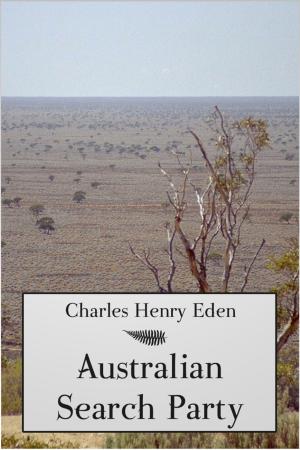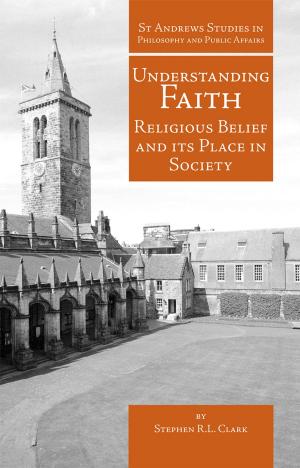The Earth Is Our Home
Mary Midgley's Critique and Reconstruction of Evolution and Its Meanings
Nonfiction, Religion & Spirituality, Philosophy, Metaphysics, Ethics & Moral Philosophy| Author: | Nelson Rivera | ISBN: | 9781845404871 |
| Publisher: | Andrews UK | Publication: | November 14, 2016 |
| Imprint: | Imprint Academic | Language: | English |
| Author: | Nelson Rivera |
| ISBN: | 9781845404871 |
| Publisher: | Andrews UK |
| Publication: | November 14, 2016 |
| Imprint: | Imprint Academic |
| Language: | English |
This book demonstrates that Mary Midgley's philosophy of evolution points the way towards considering the earth as our only true home, since we are products of this planet and its evolving and complex life along with every other organism. From the knowledge of ourselves as knowing animals with a biological as well as a cultural history, Midgley proposes the elaboration of an evolutionary epistemology that situates us firmly on the earth together with other creatures, while at the same time helping us to build knowledge of the world from the complexity of the human experience. I like to call this approach by a known theological analogy, a view "from below," that is, from the underside of the world, from the realms of nature and history. Such an approach does not begin by assuming conceptions of design or order in nature, a view that we term "from above," although it does not rule out the possibility of teleological or metaphysical constructions of reality in the long run. This "down-to-earth" approach I consider essential for any philosophy or theology that wants to take evolutionary theory seriously while committed to a proper and non-dismissive assessment of religious views.
This book demonstrates that Mary Midgley's philosophy of evolution points the way towards considering the earth as our only true home, since we are products of this planet and its evolving and complex life along with every other organism. From the knowledge of ourselves as knowing animals with a biological as well as a cultural history, Midgley proposes the elaboration of an evolutionary epistemology that situates us firmly on the earth together with other creatures, while at the same time helping us to build knowledge of the world from the complexity of the human experience. I like to call this approach by a known theological analogy, a view "from below," that is, from the underside of the world, from the realms of nature and history. Such an approach does not begin by assuming conceptions of design or order in nature, a view that we term "from above," although it does not rule out the possibility of teleological or metaphysical constructions of reality in the long run. This "down-to-earth" approach I consider essential for any philosophy or theology that wants to take evolutionary theory seriously while committed to a proper and non-dismissive assessment of religious views.















